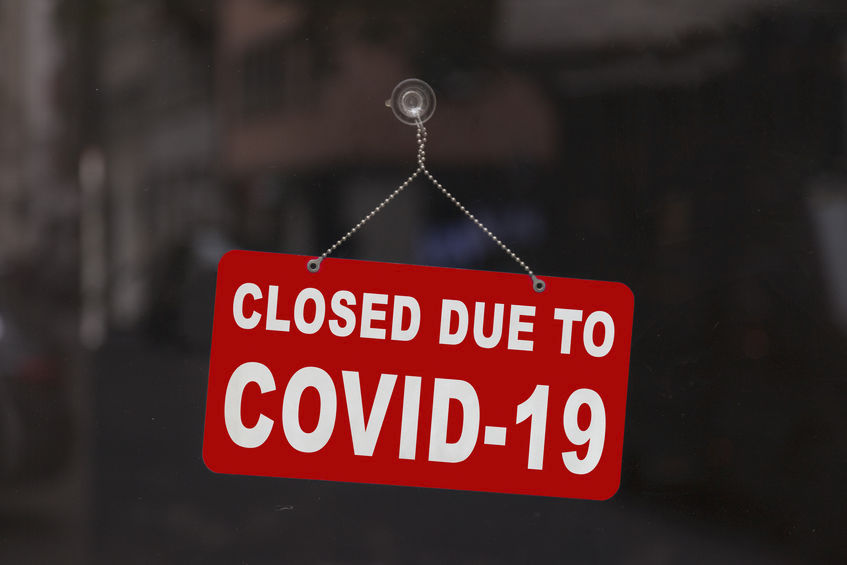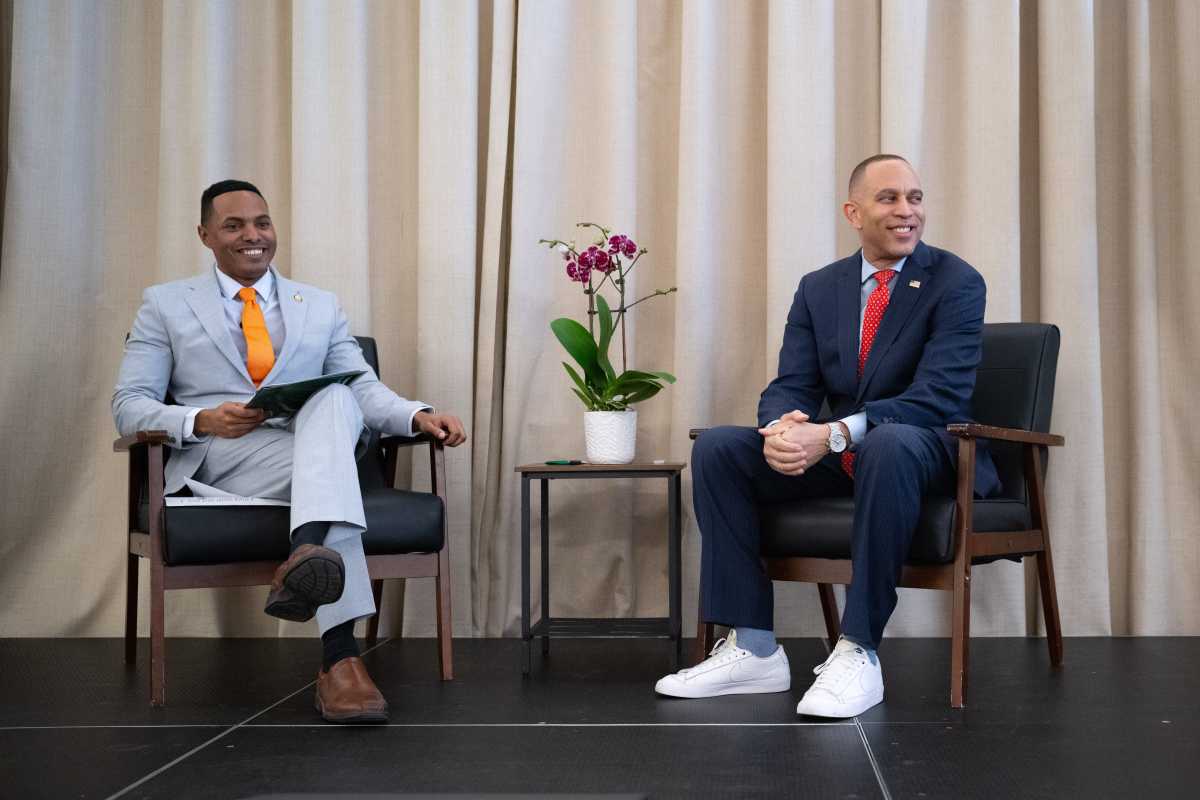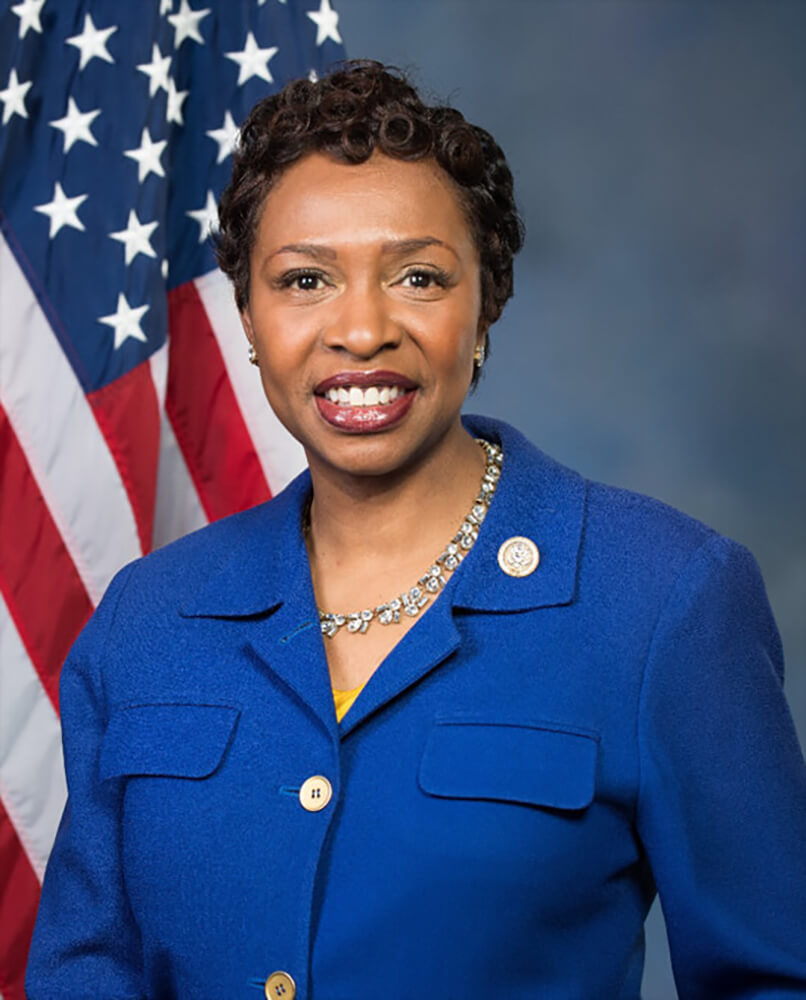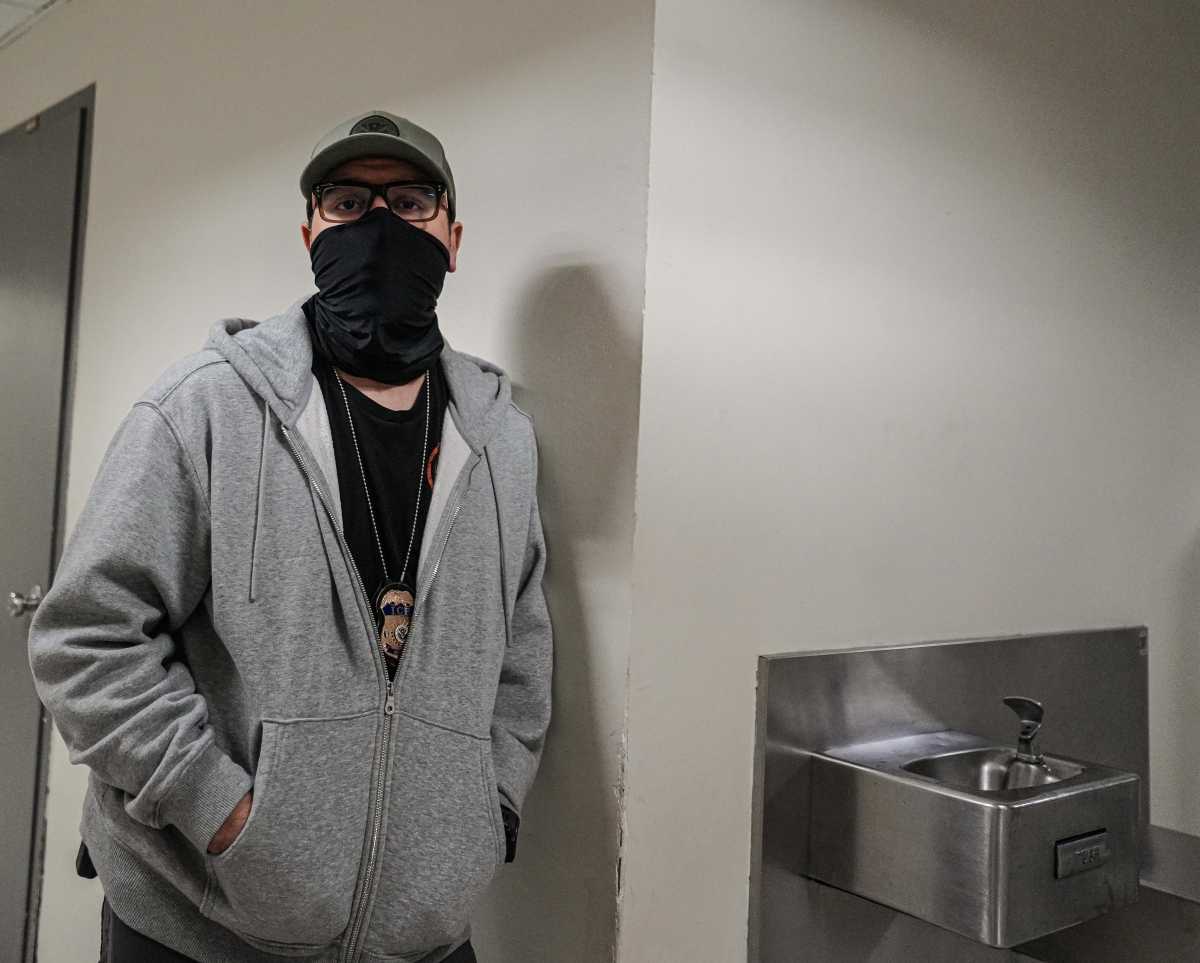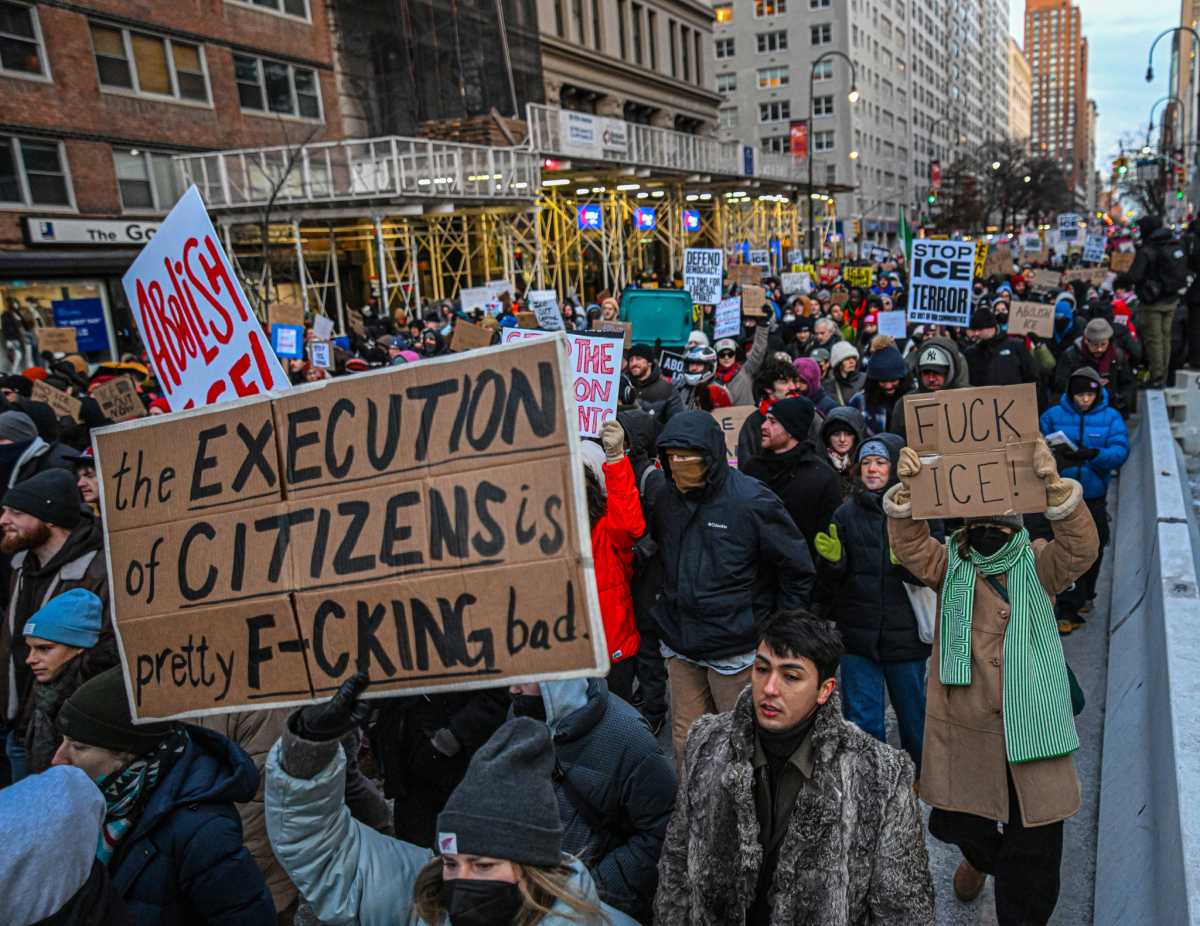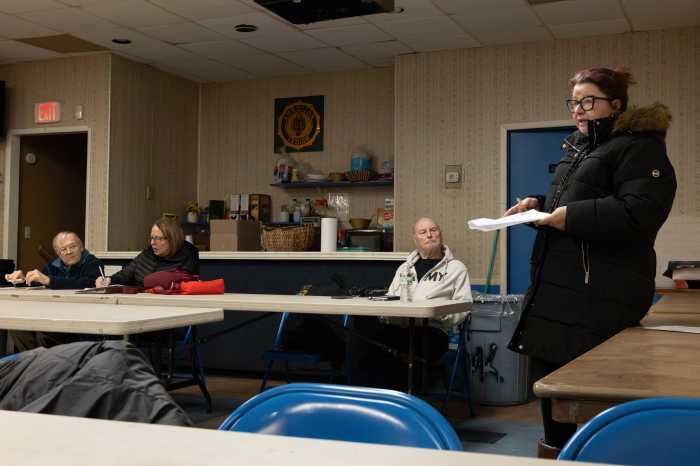Arturo [last name not given to protect his identity], an undocumented immigrant living in Queens, who came to the U.S. from Mexico 13 years ago, worked as a bar back until the mandatory closure of nonessential businesses due to the coronavirus.
Now like the countless other undocumented immigrants, which make up a significant portion of construction and service industries in New York City, he not only is left without a job but will not have the unemployment benefits or federal assistance to fall back on that legal immigrants and citizens of the United States are relying on.
“The truth is I am worried. Nobody thought this was going to happen. No one expected this. If there’s no money, we can’t live, and there’s nothing we can do.” said Arturo, who is also taking care of his 14-year-old daughter.
Some undocumented workers are looking for temporary work, for example doing deliveries, as a source of income. Others, however, are reluctant to do so due to concerns about the coronavirus.
An undocumented worker from Eastern Europe, who requested not to be named due to his ongoing legal status, shares his experience.
He came to the U.S. on a student visa four years ago, allowing him to apply for social security while his visa was still valid. Having now lost his restaurant job, he is living off of his tax returns, which he estimates can sustain him for another month.
He is now worried that any temporary work he can do will expose him to the virus, leaving him with crushing hospital bills and no insurance to help.
“What if I get sick? It’s better to stay home. We can try to find other jobs in delivery or construction, but we’ll be paid miserable wages while exposing ourselves to the virus. I don’t want to do that. I want to stay safe, so I will stay home.”
After his savings run out, he is planning on living off of his credit card. But he acknowledges that he is luckier than many others. “There are many that have no social security, no credit card, no savings, nothing. They’re screwed,” he said.
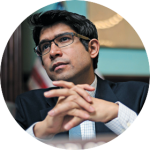
City Councilmember Carlos Menchaca (D-Sunset Park, Red Hook), chair of the council’s Committee on Immigration, said although the situation for undocumented immigrants is dire, he is actively working to provide protection to some of the city’s most vulnerable populations.
“If some do have work authorization, even if they are undocumented, then we are assisting them in filing unemployment insurance. Most importantly, and from day one, I was vocal with the Speaker, Mayor, and state partners in ensuring that undocumented workers are included in state and city relief, because we knew that we couldn’t rely on the federal government,“ said Menchaca.
In order to ensure that undocumented immigrants will not be afraid to seek assistance, Menchaca has been actively working to halt detentions by U.S. Immigration and Customs Enforcement (ICE) agents in the city.
In addition, Menchaca wishes to remind people that food is being distributed by the city, that healthcare is available regardless of the ability to pay, and that evictions are temporarily suspended.
“In the meantime,” says Menchaca, “I am creating public and private partnerships to ensure that our immigrant neighbors know they are not alone, they have food and medical care.”
Bitta Mostofi, the commissioner of the Mayor’s Office of Immigrant Affairs (OIA), said the city is committed to ensuring the health and safety of all New Yorkers, regardless of their immigration status, what language they speak, or their ability to pay.
“Seeking care or using healthcare services related to COVID-19 will NOT impact your ability to apply for a green card or citizenship. If you need help finding a doctor or getting medical care, call 311 and visit NYC.gov/Coronavirus for more information. No one should be afraid to get the care they need when they need it,” said Mostofi.
OIA officials also pointed out that all public hospitals – NYC Health and Hospitals (H+H) – has and will continue to serve all patients, regardless of their ability to pay, immigration status, or language they speak.
Officials also note that the Trump Administration’s recent change in the Public Charge rule does NOT consider use of COVID-19 related health care services. Seeking or using healthcare services related to COVID-19 will not impact immigrants’ ability to apply for a green card or citizenship, even if those services are Medicaid-funded.
But one issue that neither Menchaca or OIA addressed is the financial plight of the thousands of undocumented immigrants in the city who because of their legal status will not receive the one-time $1,200 check or be eligible for any other of the Main Street bailouts as part of the federal $2 trillion Coronavirus stimulus bill recently signed into law.
“My savings will last me about another month or two. But there are a lot of people in the same situation, and some don’t have a lot of savings,” said Arturo.


